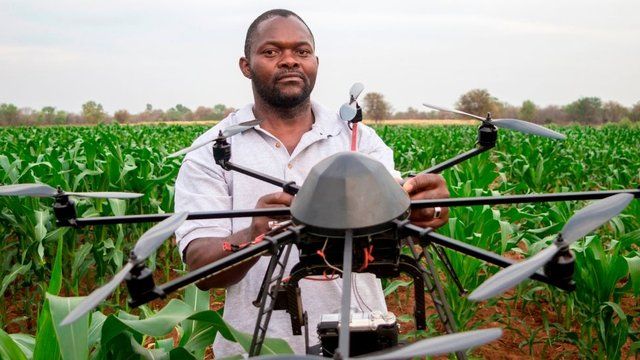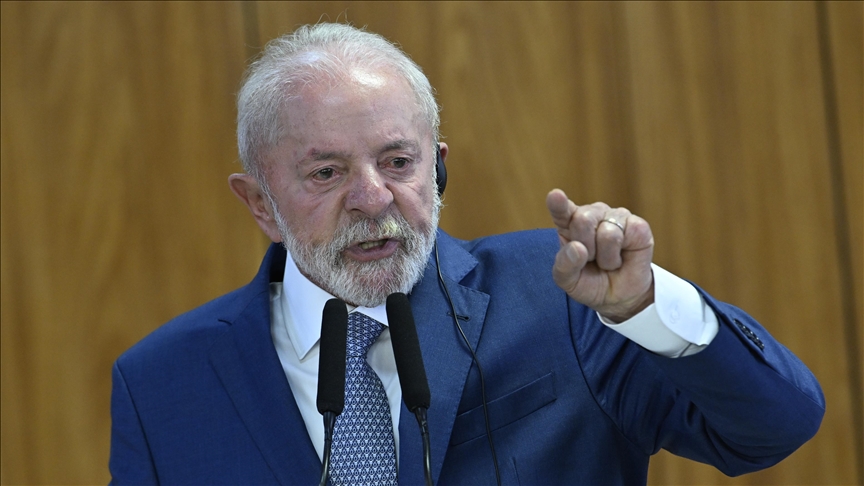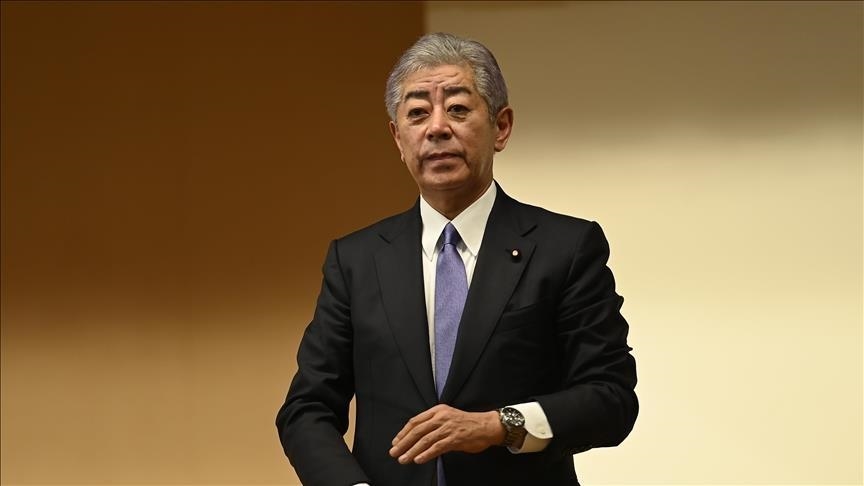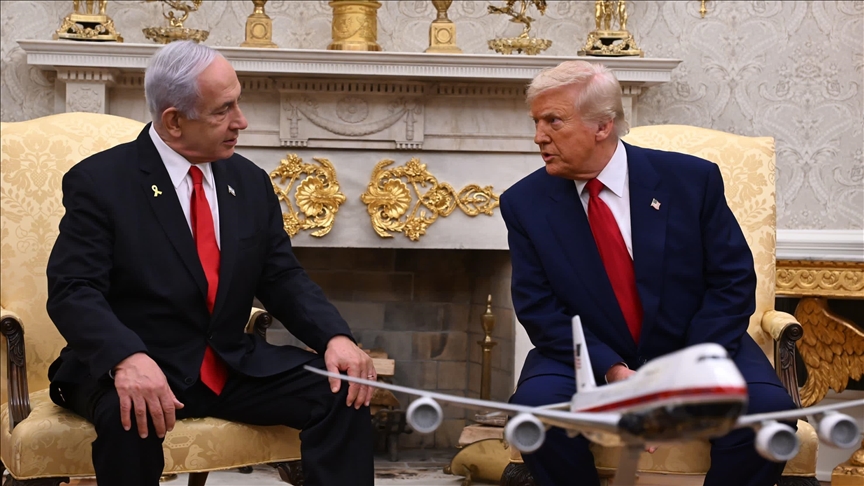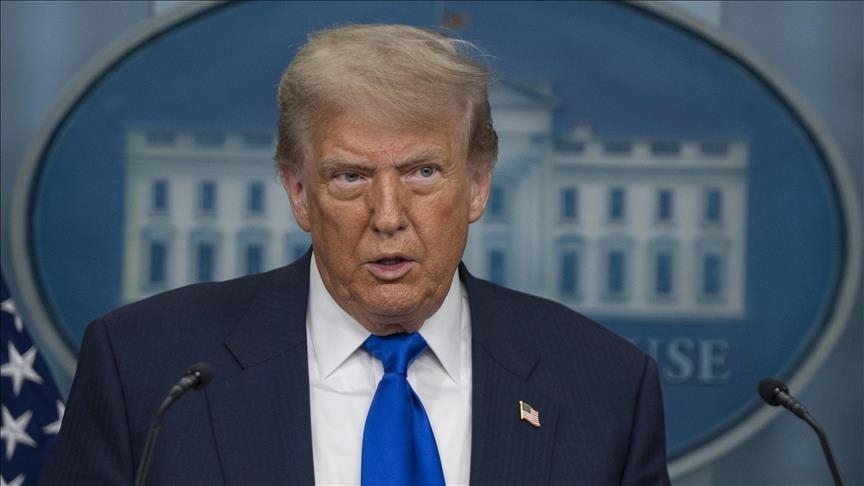This year marks the 70th anniversary of the Marshall Plan, which was an unparalleled success in U.S. foreign assistance and foreign policy to assist Europe in raising itself out of the ashes of World War II.
In the 70 years since the Marshall Plan, support for development has risen and declined in relationship to Americans’ view of the world and their standing in it.
Despite the deep divisions and partisanship in Washington, agricultural development — teaching poor, small-scale farmers overseas better ways to produce more nutritious food — holds unique bipartisan support.
This current Congress just demonstrated bipartisanship by passing a five-year authorization of the Global Food Security Act, and they are to be commended for overcoming partisanship.
The Chicago Council on Global Affairs is delighted to see that Congress has prioritized the reauthorization of the Global Food Security Act and moved closer to the council’s recommendations by passing a longer-term authorization in an overwhelmingly bipartisan way.
The Senate passed the legislation without opposition and the House passed the legislation unanimously. To provide some historical context for this leadership, the legislation enacting the Marshall Plan was passed 71 to 19 in the Senate and 333 to 78 in the House.
The Marshall Plan also cost approximately $12 billion in the late 1940s ($100 billion in today’s value), while the current U.S. global food efforts are approximately $1 billion per year.
Congress clearly understands the success of these endeavors and the global leadership role they play, as does the current administration, since President Trump signed the bill into law on Oct. 11, indicating that the administration sees this foreign policy approach as consistent with his "America First" philosophy.
Six of the 12 fastest growing economies globally are in Africa and the continent’s food sector is estimated to reach a potential value of $1 trillion by 2030. There is massive growth occurring in Africa and more growth potential for the future as long as there is inclusivity and balance, which development can facilitate.
In 2016, Congress passed and President Obama signed into law the initial Global Food Security Act. The act was important because it did several things to reinforce and continue the U.S. government’s leadership on global food security.
First, it codified U.S. global food security efforts, which means that even if the administration does not request funding for the program, Congress can show leadership by supporting appropriations for the initiative to continue.
Second, the duration of the authorization allows for stability and planning in program and structure. The last authorization allowed for a two-year duration. The new authorization allows for a five-year duration.
This allows for the U.S. government to properly structure truly impactful sets of goals, metrics and programs to increase impact through consistent programming, which limits backsliding.
This length of authorization is rare in the current congressional environment and merely highlights the bipartisan support and record-breaking success of past global food security efforts and programs.
This reflects congressional leadership from the House and Senate as well as grassroot support of a number of stakeholders, from farmers and agri-business to the military and diplomats to NGOs and youth organizations.
These organizations know that these efforts are the best way to sustainably alleviate poverty, create new markets and trading partners, enhance national security and project lasting leadership.
Out of the ashes of World War II, some of our greatest alliances and economic partnerships were formed. The foundation for this leadership came from the efforts under the Marshall Plan. As Bill Gates is fond of saying, “Of our top 15 trade partners, 11 are former aid recipients.”
This legislation will continue that legacy, particularly in Africa, which is one of the fastest growing consumer markets on the planet.
Today, the U.S. is engaged in a global competition for markets. If we are to retain our spot as a global leader and feed the additional billions of people on the planet in another 70 years, we will look back and say it was in part because Congress rose above divisive partisanship and took leadership on foreign policy and the Global Food Security Act.

